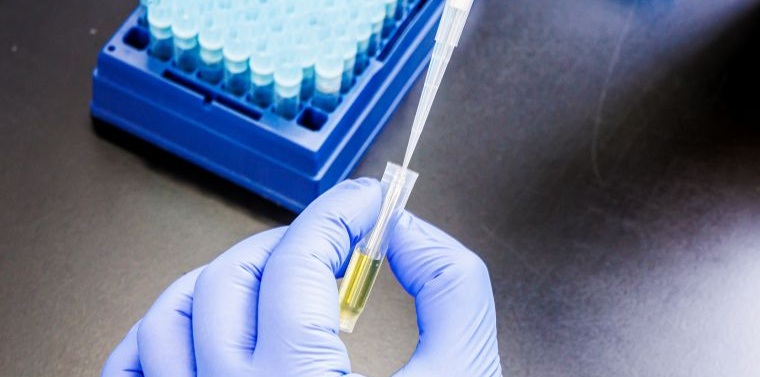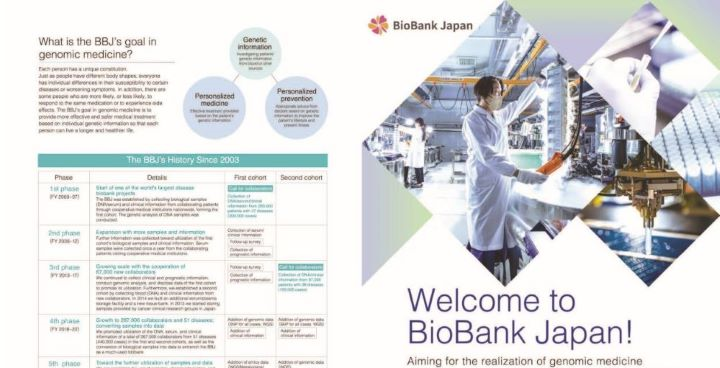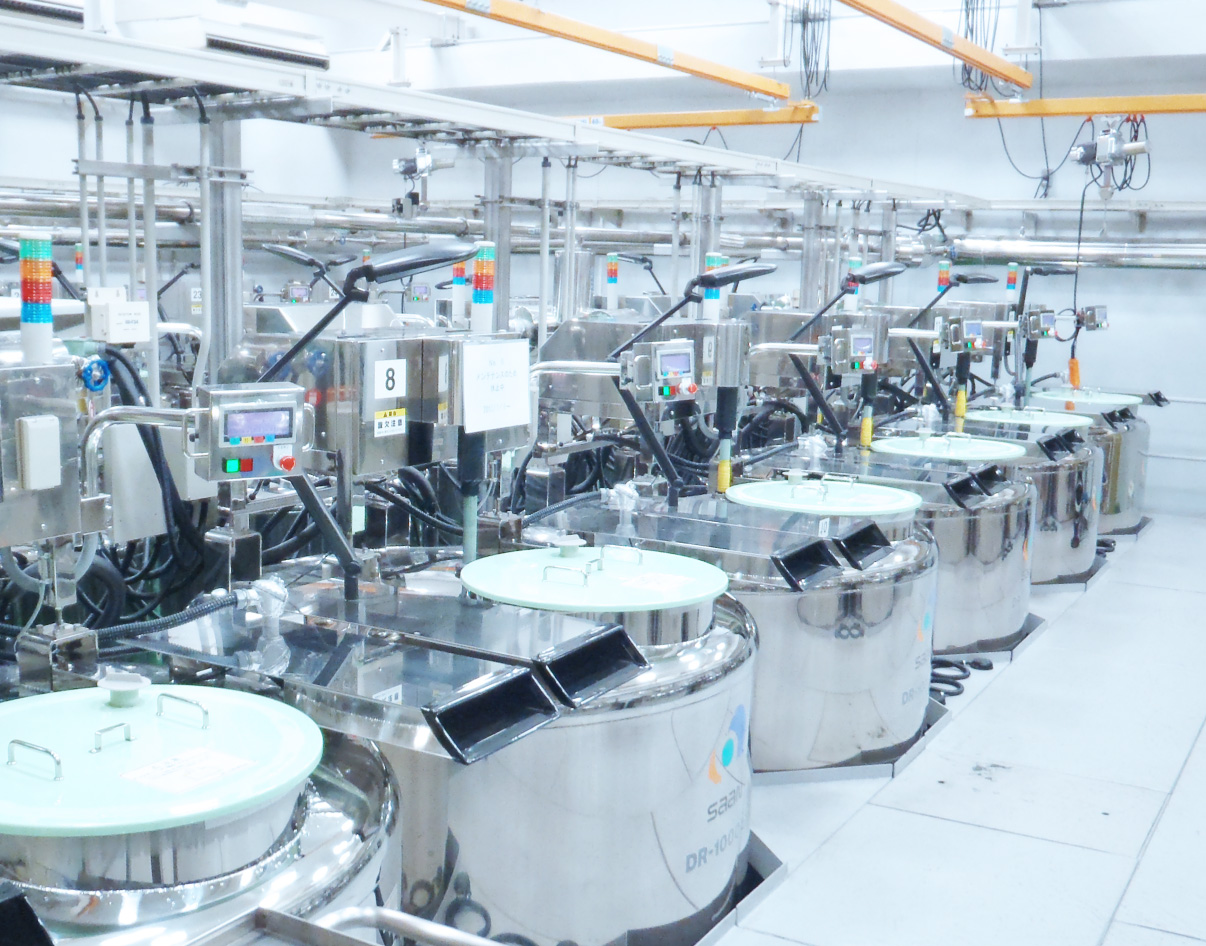-

BBJ Online Biological Samples Search System - Japanese only
The system allows you to search by an item such as disease etc.to find out the number of samples held by BBJ.
-

Greetings from Director
Greetings from Professor Koichi Matsuda, Director of BioBank Japan
-

Research results using BBJ’s biological samples and data
Check out the latest groundbreaking research results using samples and data from BBJ!
-

Tour of BioBank Japan sample storage facilities
The BBJ welcomes a diverse range of visitors year-round
-

The revised edition of the PR brochure ‘Welcome to BioBank Japan!’ is out now!
The PR brochure provides an overview of BBJ’s activities, the storage facilities and more.





